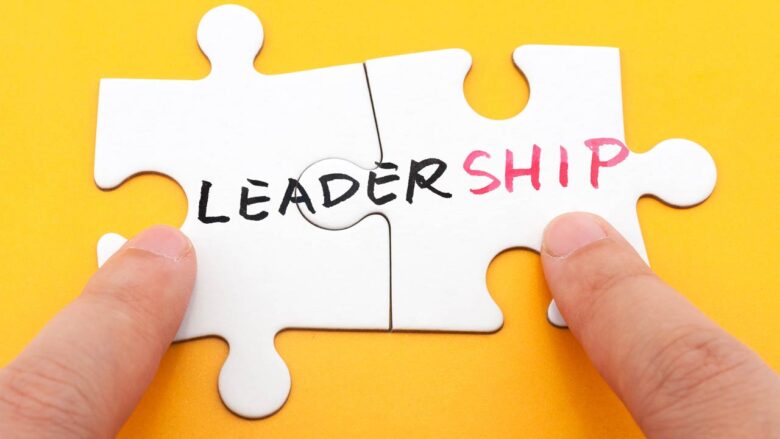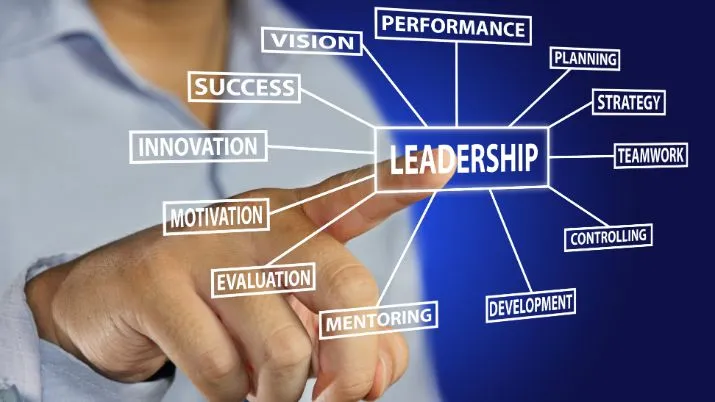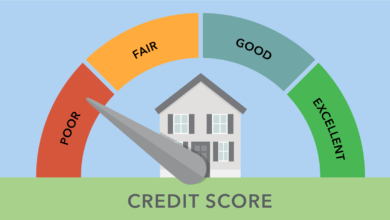
Leadership Development 101: Your Path to Leading With Confidence
Leadership is not just about being in charge. It’s about nurturing skills, developing vision, and guiding others towards shared goals. In this article, delve into the fundamental components of leadership development and embark on the journey to lead with confidence.
Leadership development is essential for individuals who aspire to excel in their roles, inspiring and guiding others towards collective goals. Developing leadership skills paves the way for professional growth, team enhancement, and the successful execution of organizational objectives. It involves a mix of personal development, communication skills, strategic thinking, and practical experience.
Understanding Leadership

1. Definition and Importance
Before diving into leadership development nz, it’s crucial to understand what leadership entails. Leadership is the ability to influence and support others in the achievement of common goals. It involves decision making, problem-solving, team building, and communication. Effective leadership contributes to a positive organizational culture, increased productivity, employee satisfaction, and overall organizational success.
2. Styles of Leadership
Various leadership styles, including transformational, transactional, autocratic, democratic, and laissez-faire, offer different approaches to guiding teams. Each style has its own merits and demerits, and effective leaders often employ a blend of various styles depending on the context and individuals involved.
Personal Development
3. Self-Assessment
The journey towards effective leadership begins with self-assessment. Understanding your strengths, weaknesses, values, and leadership style is crucial. Tools like the Myers-Briggs Type Indicator (MBTI) or the StrengthsFinder assessment can provide valuable insights into your personal and leadership characteristics.
4. Emotional Intelligence
Developing emotional intelligence is paramount for leaders. Emotional intelligence, or EQ, involves self-awareness, self-regulation, motivation, empathy, and social skills. Leaders with high EQ are better equipped to navigate interpersonal relationships, manage conflicts, and make balanced decisions.
Building Essential Skills

5. Communication
Clear, concise, and effective communication is fundamental for leaders. It includes verbal, non-verbal, and written communication. Enhancing communication skills helps in expressing ideas, providing feedback, and ensuring clear understanding among team members.
6. Decision Making
Leaders are often required to make crucial decisions. Developing sound decision-making abilities involves analyzing situations, considering potential impacts, evaluating alternatives, and choosing the most appropriate course of action.
7. Problem-Solving
Problem-solving is another critical leadership skill. It involves identifying issues, analyzing them, developing and implementing solutions, and evaluating outcomes.
Gaining Experience
8. Practical Experience
Practical experience is essential in honing leadership skills. Seek opportunities to lead projects or teams, and learn from each experience. Feedback from peers, mentors, and team members is invaluable in this learning process.
9. Mentorship
Finding a mentor can significantly expedite leadership development. Experienced mentors provide insights, guidance, and feedback that can help in refining leadership skills and avoiding common pitfalls.
Navigating Challenges
10. Handling Conflict
Leaders must efficiently handle conflicts to maintain team harmony and productivity. Developing conflict resolution skills involves understanding the sources of conflict, actively listening to different perspectives, and facilitating solutions that satisfy all parties.
11. Overcoming Obstacles
Leaders will face various challenges and obstacles. Learning to navigate these with resilience, creativity, and a positive mindset is crucial for sustained leadership success.
Continuing Growth

12. Lifelong Learning
Leadership development is a continuous journey. Engage in lifelong learning through courses, workshops, seminars, and reading. Stay updated on industry trends, leadership strategies, and best practices to continuously refine your leadership abilities.
Further Exploration and Development
13. Seeking Feedback
Continuous leadership growth requires an openness to feedback. Actively seek feedback from peers, superiors, and subordinates. Understand their perspectives on your leadership style, communication, decision-making, and other aspects. Utilize this feedback for self-reflection and improvement. Be aware that receiving feedback can sometimes be difficult, but it is an invaluable tool for personal and professional development.
14. Networking
Building relationships with other professionals and leaders can significantly enhance your leadership journey. Networking provides opportunities to learn from others’ experiences, gain new perspectives, and obtain support and advice. Engage in industry events, join professional associations, and participate in online forums and groups dedicated to leadership development.
15. Adapting to Change
In the dynamic organizational landscape, adaptability is a critical leadership trait. Leaders must be agile and flexible, adapting to changing situations and environments effectively. This adaptability involves embracing change, fostering innovation, and promoting a culture of agility and continuous improvement within the team.
16. Promoting Diversity and Inclusion
Effective leaders recognize the importance of diversity and inclusion. Diverse and inclusive teams bring various perspectives, fostering innovation, creativity, and problem-solving. As a leader, promote a culture of inclusivity, ensuring every team member feels valued, heard, and respected.
Case Studies and Real-Life Application
17. Analyzing Leadership Scenarios
Analyze various leadership scenarios and case studies to understand the application of leadership principles in real-world situations. Understanding the successes and failures of other leaders provides insights into effective leadership strategies and common pitfalls to avoid.
18. Applying Leadership Theories
Apply various leadership theories and models in your leadership practice. These theories, such as transformational leadership, servant leadership, and situational leadership, offer frameworks for understanding and applying leadership principles effectively.
Crafting Your Leadership Philosophy

19. Developing Your Leadership Philosophy
Your leadership philosophy is a reflection of your values, beliefs, and principles as a leader. Take time to develop a clear and compelling leadership philosophy that guides your leadership approach. Communicate this philosophy to your team, ensuring alignment and shared understanding.
20. Aligning with Organizational Goals
Ensure your leadership development and philosophy align with your organization’s mission, vision, and goals. This alignment ensures coherence and support for organizational objectives, enhancing overall organizational success and effectiveness.
Final Reflections
In the intricate path of leadership development, each step contributes to your growth as a confident and effective leader. The process involves continuous learning, self-reflection, and application of leadership principles. Understand that each leader’s journey is unique, and your leadership style will evolve over time.
Celebrate the milestones in your leadership development journey, learn from the challenges, and remain committed to growth and excellence. Remember, effective leadership transcends beyond personal success, positively impacting teams, organizations, and communities. Embark on the leadership development journey with dedication, resilience, and a commitment to continuous growth and learning, and you’ll pave the way to leading with confidence and making a meaningful difference in the world.
Conclusion
Embarking on the leadership development journey is a commitment to personal and professional growth. It involves understanding leadership, personal development, skill-building, practical experience, handling challenges, and continuous learning.
With dedication, self-awareness, and a growth mindset, you can develop the leadership skills needed to lead with confidence, positively impacting your team and organization. Remember that leadership is not a destination, but a continuous journey of growth and learning.




